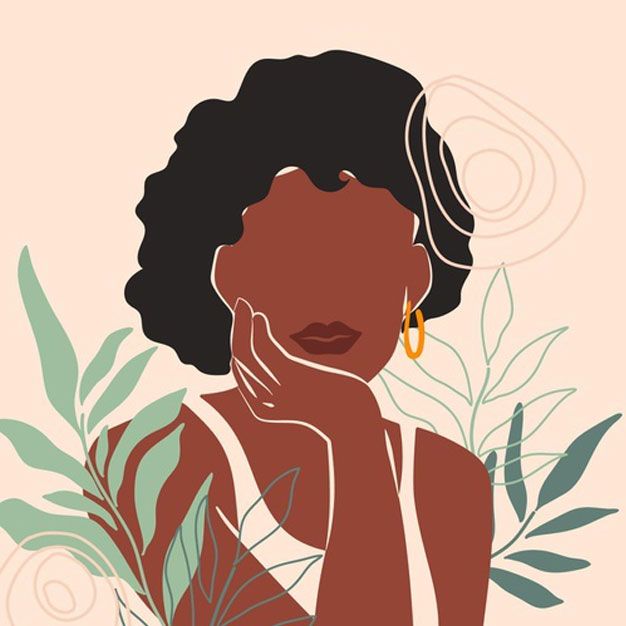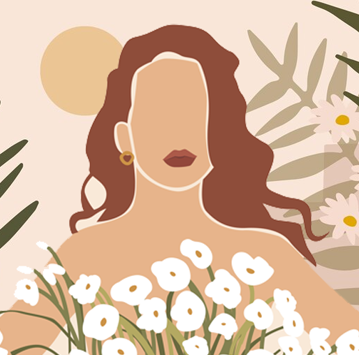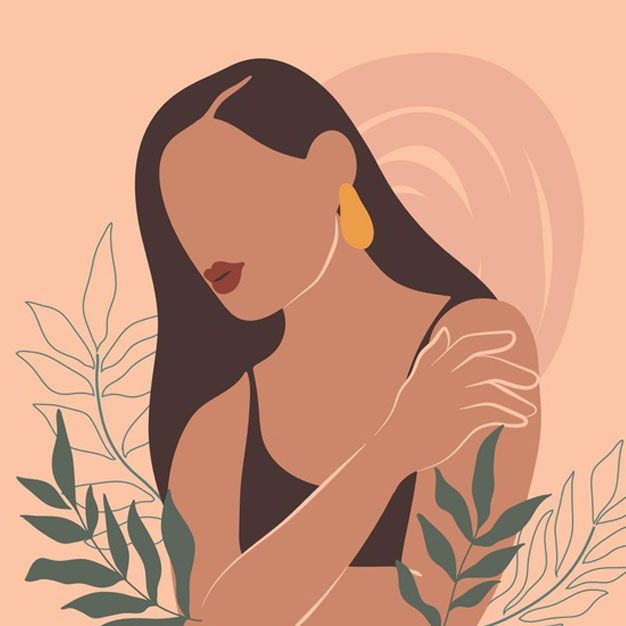Trichotillomania is a chronic medical condition that causes
individuals to have an irresistible urge to pull out their hair, resulting in
hair loss and usually causing distress or impairment in their daily lives.
As a relative or friend of someone with trichotillomania, it
is essential to be mindful of your words and actions when you talk about their medical condition. That's because oftentimes, our families hurt us the most while we are trying to heal from chronic hair pulling.
Please avoid saying the following to someone who has trichotillomania:
This statement dismisses the individual's struggle with the
disorder and implies that they have control over their behavior, which is not
always true.
By implying your loved one simply isn't trying to stop pulling, you're adding to the shame and frustration they may already be experiencing.
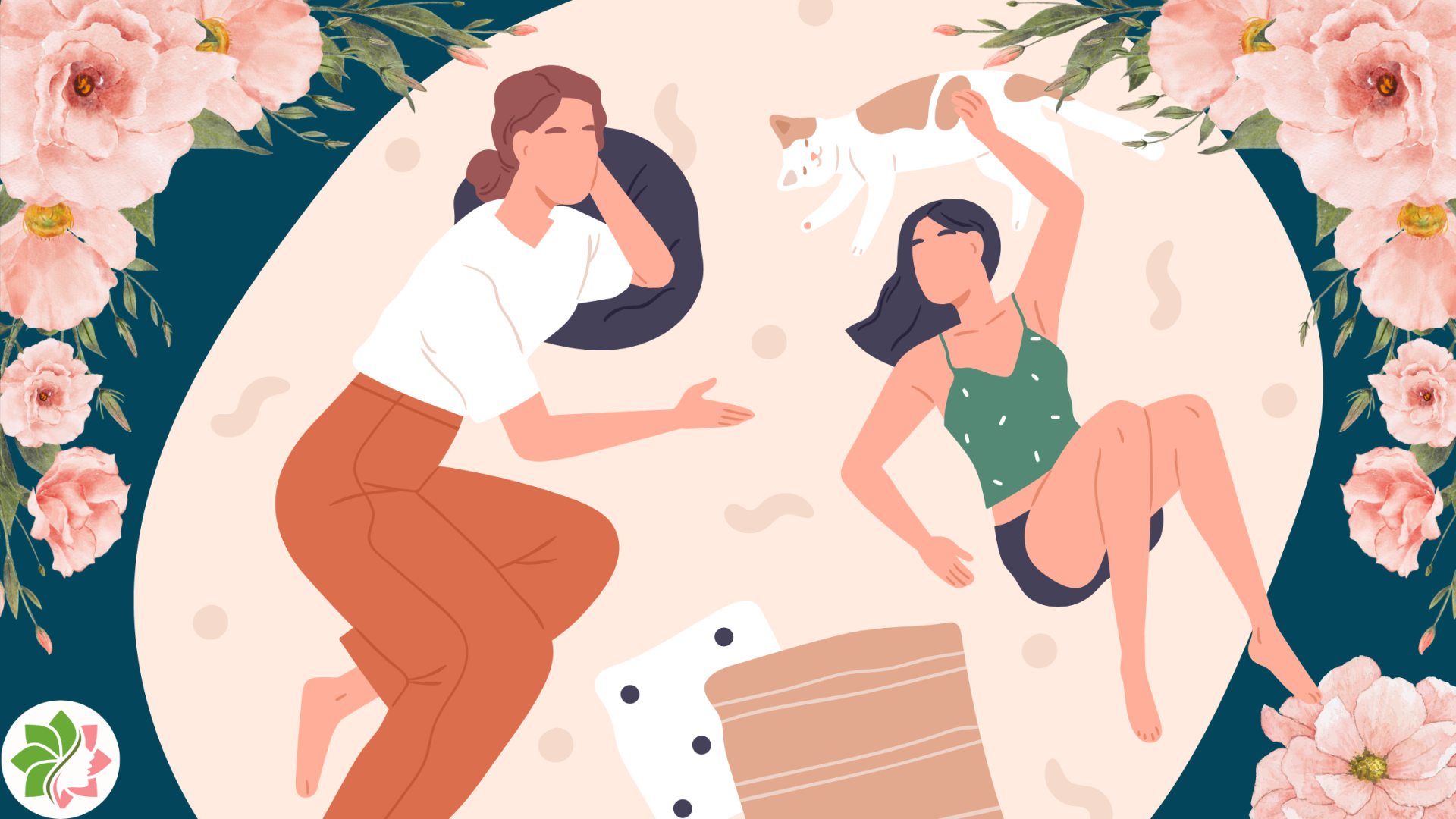
Comments like these can make someone with trichotillomania
feel more self-conscious and embarrassed about their hair loss.
It is very common for people who have trichotillomania to have patches of bald spots, or missing eyelashes and eyebrows. Because this condition is chronic, often times a person will grow back their hair only to lose it again during a flare-up.
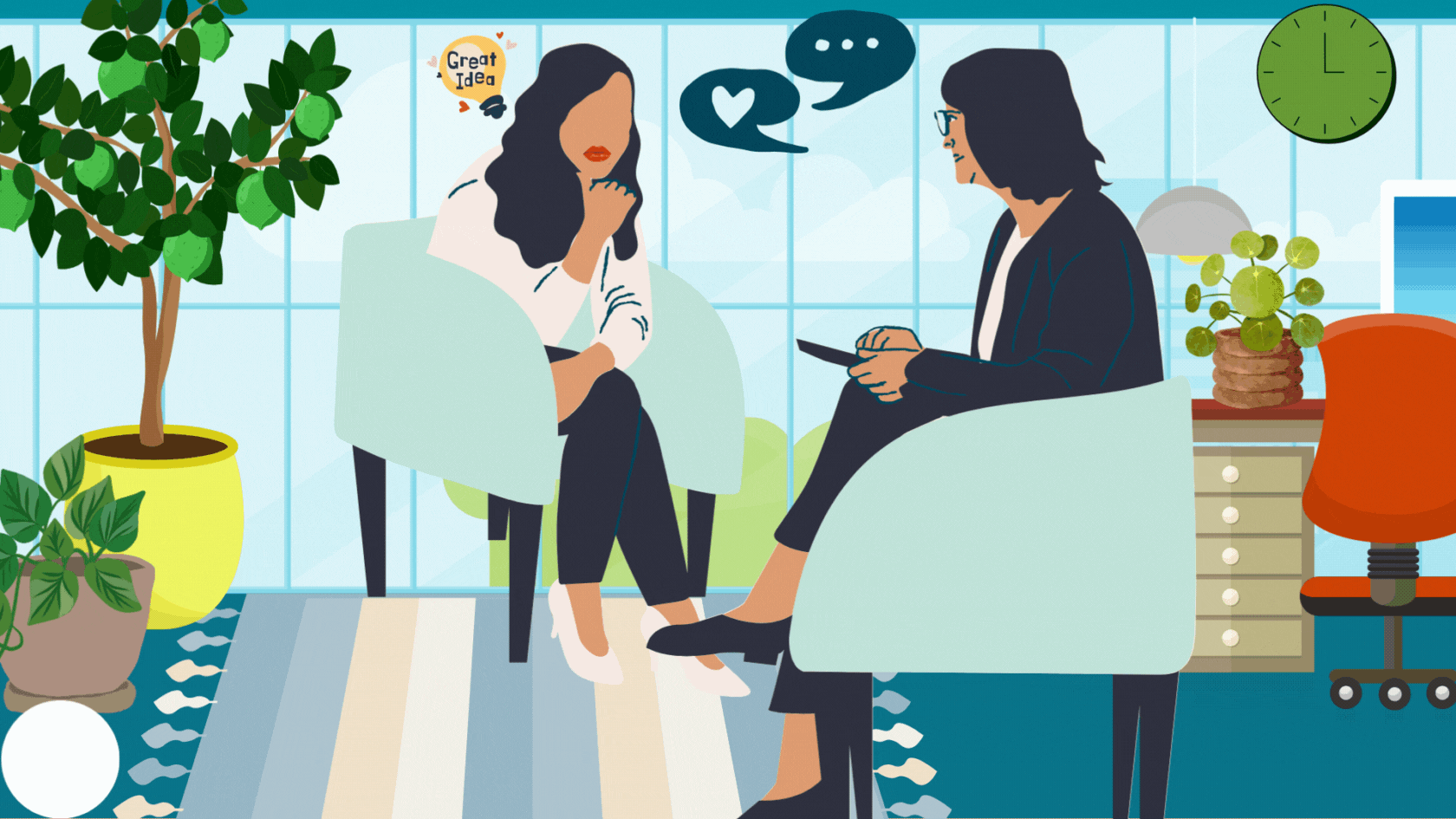
Trust us, the last thing a person wants when they are struggling with hair pulling is attention. Most of us would prefer not to have this condition in the first place, and the majority try to minimize the impact it has on our appearance.
Trichotillomania is a legitimate medical condition, not a choice or attention-seeking behavior. In fact, TTM is considered to be a disability because it falls into the same family of conditions as OCD.
This statement is hurtful and implies that the individual with trichotillomania is abnormal or defective. Essentially, if you say this, you are telling that person they are less than you.
There's a saying in the disability community that goes, "Everyone has a disability. You just can't always see it."
In fact, more people have this chronic medical condition than you might imagine. Over 9 million women in the U.S. struggle with hair pulling, and 1 in 50 will experience trichotillomania in their lifetime.
Normal in today's world means accepting people for who they are, no matter what their appearance may be.
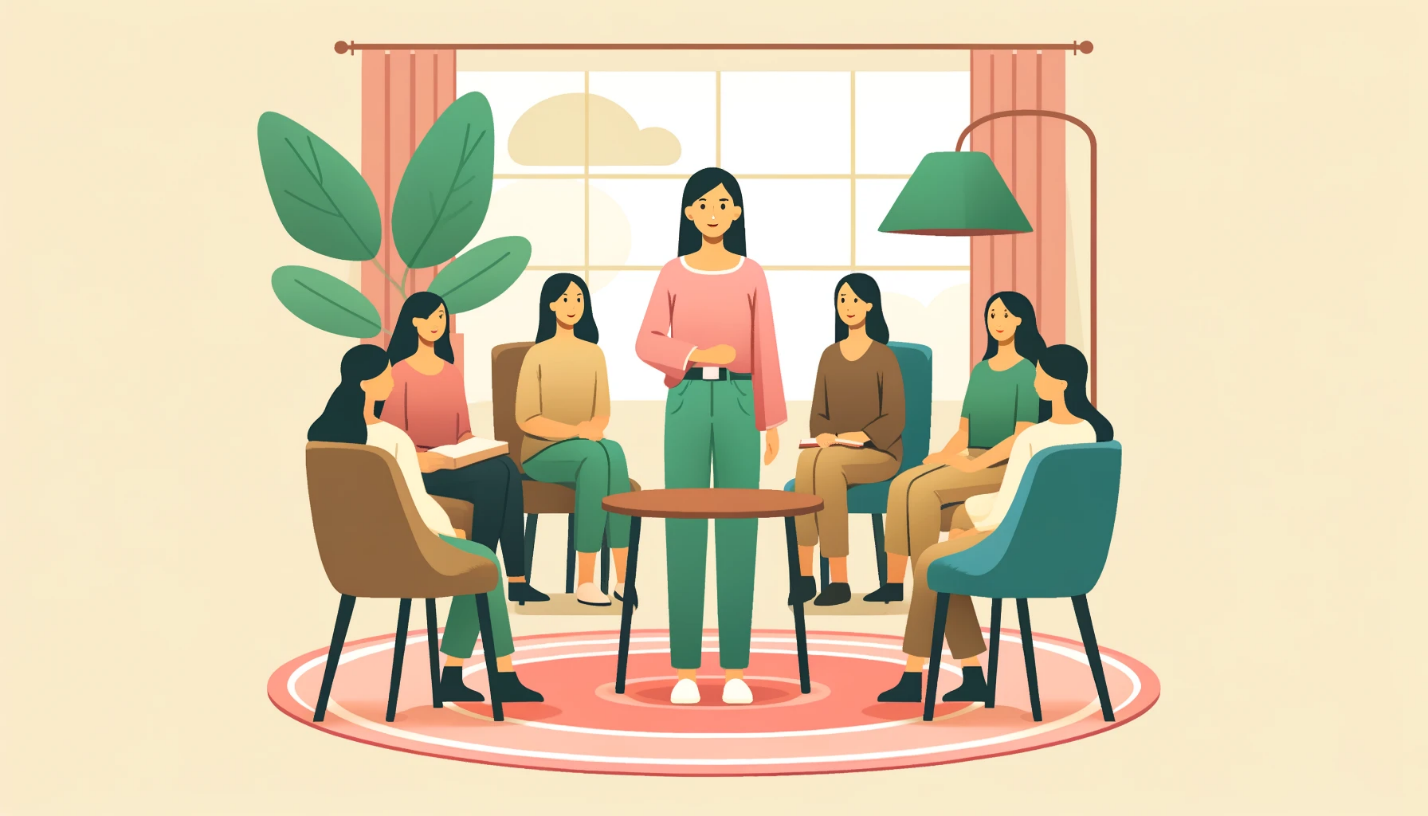
This statement can be perceived as blaming and does not help
support someone with trichotillomania.
Remember, individuals with trichotillomania often experience
shame and embarrassment about their hair-pulling behavior, so it is essential
to be sensitive and supportive in your interactions with them.
Instead, offer
them love, understanding, and encouragement in their journey toward healing for hair pulling.
Below are some ways you can help support loved ones who are trying to manage hair-pulling urges.
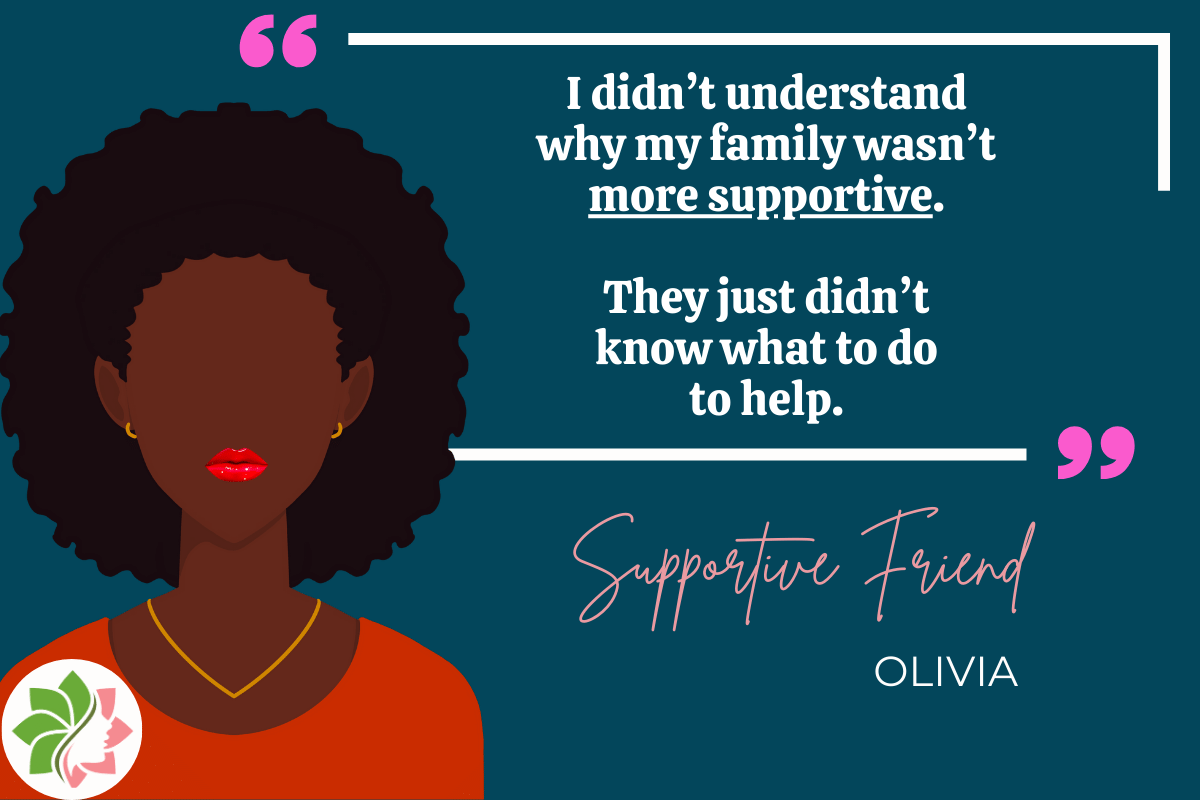
Understanding the condition and its effects on your loved one can help you be more empathetic and supportive. Research the symptoms, causes, and treatments of trichotillomania, starting with information available right here on our website.
In fact, you can start learning right now by watching this informative video about trichotillomania below:
Show your loved one that you care and are there for them.
You can offer to accompany them to therapy appointments, help them find a support
group, or listen to their concerns.
Try to avoid being judgmental, dismissive,
or critical of their behavior.
Treatment for trichotillomania may include therapy,
medication, diet and lifestyle changes or a combination of all. Encourage your loved one to seek
treatment and offer to help find a therapist or mental health professional who
specializes in treating chronic hair pulling and other body-focused repetitive behaviors.
Factors such as stress, boredom, or anxiety can trigger a trichotillomania flare-up. Help your loved one identify their triggers and support them in finding healthy coping mechanisms to manage their emotions.
If you'd like to help your friend or loved one work through identifying their triggers, please feel free to view our resources to learn more. Or, encourage them to take our guided self-help course,
"UnTrick Yourself."Hair loss is often a sensitive topic for individuals with trichotillomania. Avoid making comments or drawing attention to their hair loss, as it can increase feelings of shame and embarrassment. Shame causes another cascading series of emotions that can lead to a recurring cycle of anxiety and depression for the person that you love.
Remember, trichotillomania is a complex disorder, and recovery can take time. Many people experience flare-ups with hair pulling episodes throughout their lives.
With your love and support, your loved one can manage their symptoms while feeling supported and appreciated by a cherished person - YOU!
At Healing from Hair Pulling, we provide the latest research-based support for managing trichotillomania. Our health education programs focus on personalized action plans that address both the emotional and physical aspects of hair-pulling, giving you the tools you need to better understand and manage your condition.
Ready to take control of your healing? Join UnTrick Yourself™, our evidence-based, peer-led educational program. We help you explore how external factors might be influencing your TTM, recognize your emotional triggers, and create personalized strategies to manage hair-pulling. With our support, you’ll find the confidence to move forward.Join us at healingfromhairpulling.com and take the first step on your journey toward healing.
Together, let’s find what works best for you!






